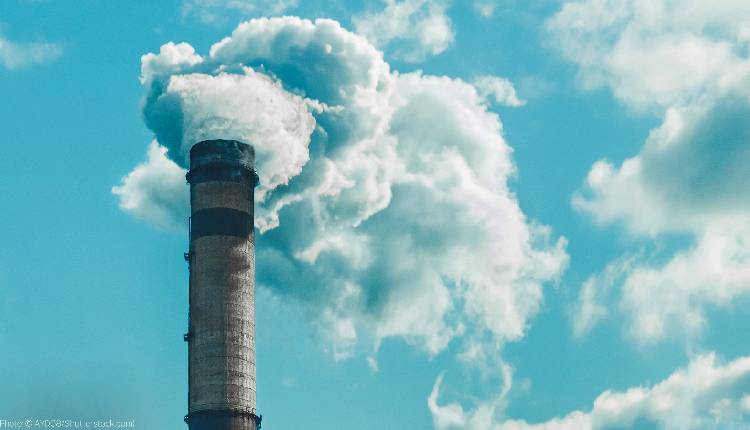Germany’s cabinet has greenlit a draft bill to permit carbon dioxide capture and storage (CCS) for select industrial sectors as part of its ambition to achieve carbon neutrality by 2045, sources within the government revealed on Wednesday cite by Reuters.
CCS technology, which removes or captures CO2 emissions from industrial processes and stores them underground, has been restricted in Germany until now.
However, with the country facing challenges in meeting its climate targets, Berlin has reassessed its stance. The draft bill estimates the necessity of capturing between 34 million and 73 million tons of CO2 annually by 2045.
Industries that cannot be easily electrified, except for coal-fired power plants, will be eligible to utilise this technology. Additionally, the bill will establish a legal framework for the development of a CO2 pipeline infrastructure.
Companies will be permitted to store CO2 in the North Sea bed or inland, subject to approval from federal states. Geologically, Germany possesses a storage capacity of approximately 1.5 billion to 8.3 billion tons of CO2 under its part of the North Sea, with an annual deposit potential of up to 20 million tons.
The legislation also allows for CO2 exports, contingent upon Germany’s ratification of a clause in the London Protocol international treaty regarding cross-border waste exports, to facilitate the transport of CO2 for sub-seabed storage.


